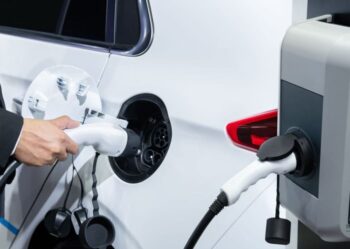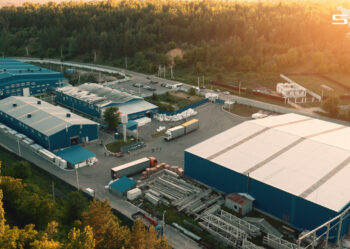5 news not to be missed in the Middle East and Africa

As SNECI does business worldwide, we are interested in news all over the world. Today, five news in the Middle East and Africa caught our attention.
Nutritional benefits and industrial opportunities: The multiple advantages of the African baobab
Do you know the exceptional nutritional properties of the leaves and pulp of the baobab, an emblematic tree of Africa? These parts of the tree are full of vitamins, fiber, minerals, and antioxidants, making them ideal allies for health. The leaves, particularly used in traditional African cuisine, are known to strengthen the immune system, prevent anemia, and protect against infections. For their part, the pulp, rich in essential nutrients such as calcium, iron, potassium, and vitamin C, offers a considerable source of nutritional benefits. For example, chef Nathalie Schermann works with this type of ingredient in her “signature dishes” and develops her African know-how internationally.
Beyond their health benefits, the leaves and pulp of the baobab also present significant commercial and industrial interest. They can be processed into powder for use in many food and medicinal products. Thanks to its medicinal properties, this powder is sought after for its benefits in treating various conditions, ranging from digestive disorders to respiratory infections. Thus, the baobab represents not only a natural treasure for health but also a valuable economic opportunity for the food and pharmaceutical industries.
Floating Power Plants: An Innovative Solution for Global Energy?
Turkish floating power plants, operated by Karpowership Group, are at the forefront of energy innovation. These ships converted into power plants offer a quick and efficient solution to global energy challenges. Running on heavy fuel oil and liquefied natural gas, they provide a flexible and adaptable source of electricity where it is needed, helping to meet the urgent energy needs of many countries. With their rapid deployment and ability to be installed near densely populated coastal areas or in remote regions, these floating power plants are having a significant impact on the supply of electricity in various regions around the world. However, their use raises questions regarding energy dependency and contract transparency, as illustrated by the recent suspension of operations in Sierra Leone due to payment issues. They currently present challenges in terms of maritime safety and regulations concerning the environment.
Morocco on the move: Key inaugurations in the automotive industry
This week, Morocco was the scene of significant developments in the automotive sector, at the heart of the Tanger Med complex.
First of all, the inauguration of a cutting-edge automotive compounds factory, the result of the collaboration between two world leaders (Ravago and Repsol), is part of a strategy aimed at meeting growing demand while promoting a transition towards a sustainable industry.
At the same time, Renault announced the opening of its first R&D center in the country, thus strengthening its presence and commitment to innovation in Morocco.
Finally, the inauguration of a new factory by Kostal demonstrates the confidence of German companies in Morocco’s potential, thus strengthening the region’s competitiveness as an industrial platform. These initiatives illustrate Morocco’s growing importance in the global automotive sector and open up new prospects for economic development for the country.
Nairobi Environmental Summit: Mobilization for a green future
This week, Nairobi, Kenya, hosts the sixth session of the United Nations Environment Assembly, highlighting global environmental challenges and the importance of multilateralism in responding to them. Until March 1, UNEA-6 discussions will focus on how the environmental crisis affects poverty and the gap between rich and poor. Key topics on the agenda include climate change, biodiversity loss, and pollution. Participants, including world leaders and more than 5,000 representatives from various sectors, seek to take preventative measures and develop sustainable solutions to protect the planet.
The challenges of the African Union: between ambitions and criticisms
Since February 14, members of delegations from the 55 member states of the African Union (AU) have been attending various summits. The main issue of these meetings is the reform of the AU and the management of African crises, in particular the recent coups d’état. However, the AU is criticized for its lack of responsiveness and consistency in resolving conflicts and constitutional violations.
Although the AU aspires to transform Africa into a global power and promote peace and security, it faces limitations and criticism over its failure to take firm action against constitutional violations and political crises. Critics point out that the AU can only act as a consultative body and does not have effective means to compel member states to respect democratic principles.
Check out some more news on our website: Sneci.com.





